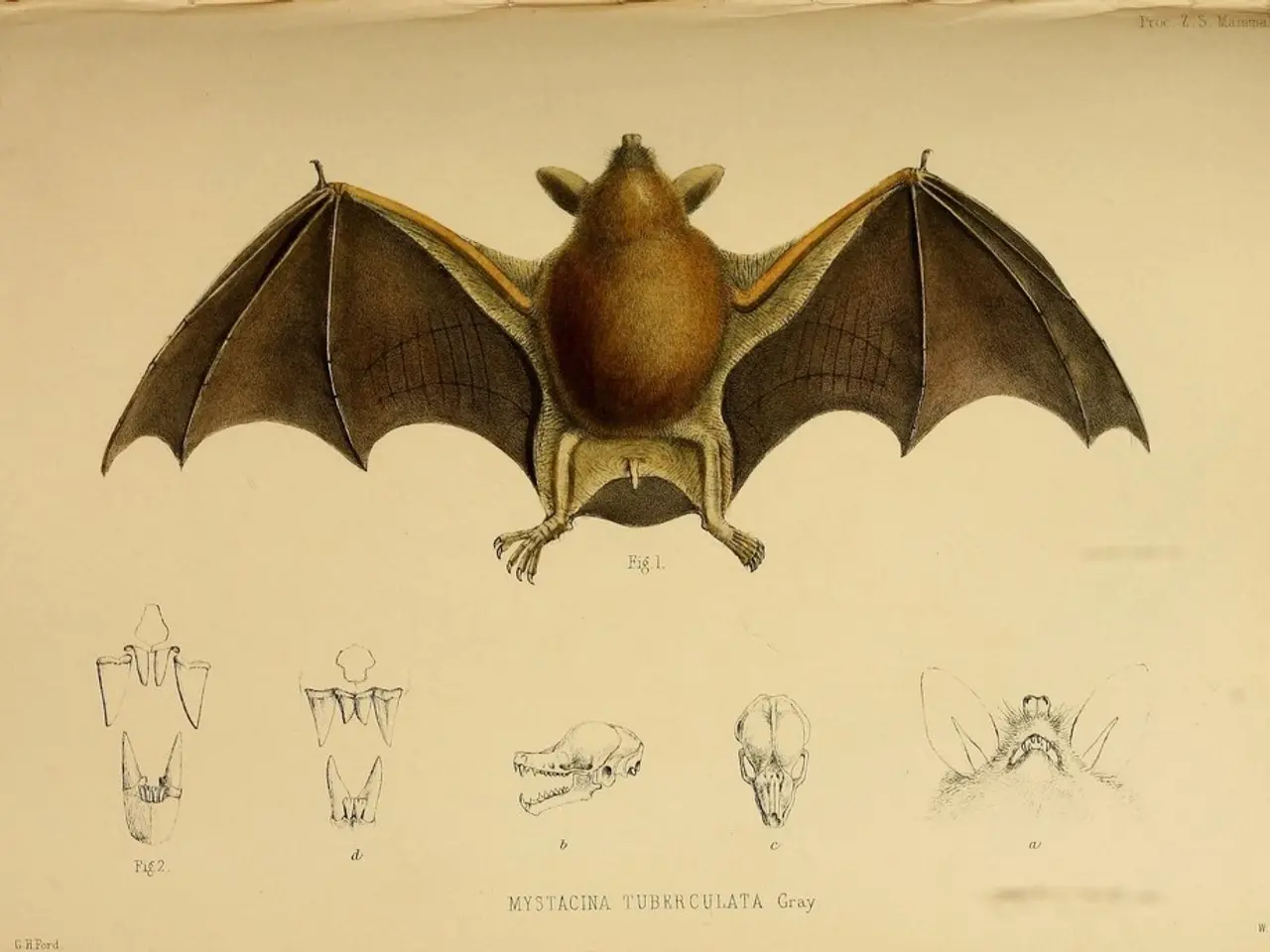EU Sets Target to Completely Phase Out Importation of Russian Gas by 2027
The old maneuvers are clapping shut as the European Union sets its sights on a full break from Russian energy sources by the end of 2027. Here's a lowdown of the changes in store:
Stepping Away from Russian Gas
- New contracts for Russian gas imports will not be inked beyond this year, with existing spot contracts getting the axe by 2025. This puts the kibosh on a third of remaining Russian gas imports by the end of this year, and a complete phased-out import of Russian gas by 2027.
- Transparency in gas trade will be improved for enhanced monitoring.
Biding Adieu to Russian Oil
- The EU plans to tackle illicit activities by Russia's shadow fleet, which ultimately end up in oil imports.
- Each nation will create a national blueprint to substitute Russian oil by 2027.
Shunning Russian Nuclear Energy
- The European Commission will roll out proposals aimed at cutting off Russian imports of enriched uranium and other nuclear materials, and limiting new contracts for these supplies.
- The "European Radioisotopes Valley" initiative is in the works to ensure an abundant stockpile of medical radioisotopes within the EU by boosting domestic production.
Time Table of Events
- By mid-2025, the European Commission will officially unveil the roadmap to phasing out Russian energy imports.
- Countries must submit national plans by the end of 2025 detailing their strategies to part ways with Russian gas, oil, and nuclear energy.
- The Commission will present legislative proposals in June 2025, setting the wheels in motion.
- An adieu to all Russian energy imports is expected by the end of 2027.
You can read more about Poland's energy independence from Russia in our article "Poland's Energy Revolution: Saying Goodbye to Russian Gas."
Sources:- [1] European Commission (2022). REPowerEU: Joint European Union Communication. Available at: https://ec.europa.eu/energy/sites/ener/files/docs/docs/repowereu_joint_communication_en.pdf- [2] European Commission (2022). Factsheet: Comprehensive package to reduce EU's dependency on Russian fossil fuels. Available at: https://ec.europa.eu/info/sites/info/files/190416_factsheet_comprehensive_pack_reduce_russian_dependency_en.pdf- [3] European Commission (2022). Roadmap to the REPowerEU plan: Reducing dependence on Russian fossil fuels by 2030. Available at: https://ec.europa.eu/info/sites/default/files/2022-05-06_repowereu_plan_high_level_roadmap_en.pdf- [4] European Commission (2022). Press Release: European Commission proposes targeted measures to end Russian oil and coal imports and to reduce dependency on Russian gas by 2027. Available at: https://ec.europa.eu/commission/presscorner/detail/en/ip_22_2228- [5] European Truth (2022). European Union to end dependence on Russia for gas, oil, and nuclear energy by 2027. Available at: https://europeantruth.eu/european-union-to-end-dependence-on-russia-for-gas-oil-and-nuclear-energy-by-2027/
- The European Union's policy-and-legislation aims to end imports of Russian enriched uranium and other nuclear materials by cutting off new contracts, as stated in the REPowerEU plan.
- The finance sector plays a crucial role in this shift, as the EU's plan includes rolling out proposals to limit new contracts for Russian nuclear materials and boosting domestic production through initiatives like the "European Radioisotopes Valley."
- The roadmap for phasing out Russian energy sources, including gas, oil, and nuclear energy, comes under the purview of general-news, as countries are required to submit national plans detailing their strategies to achieve energy independence by the end of 2025.








